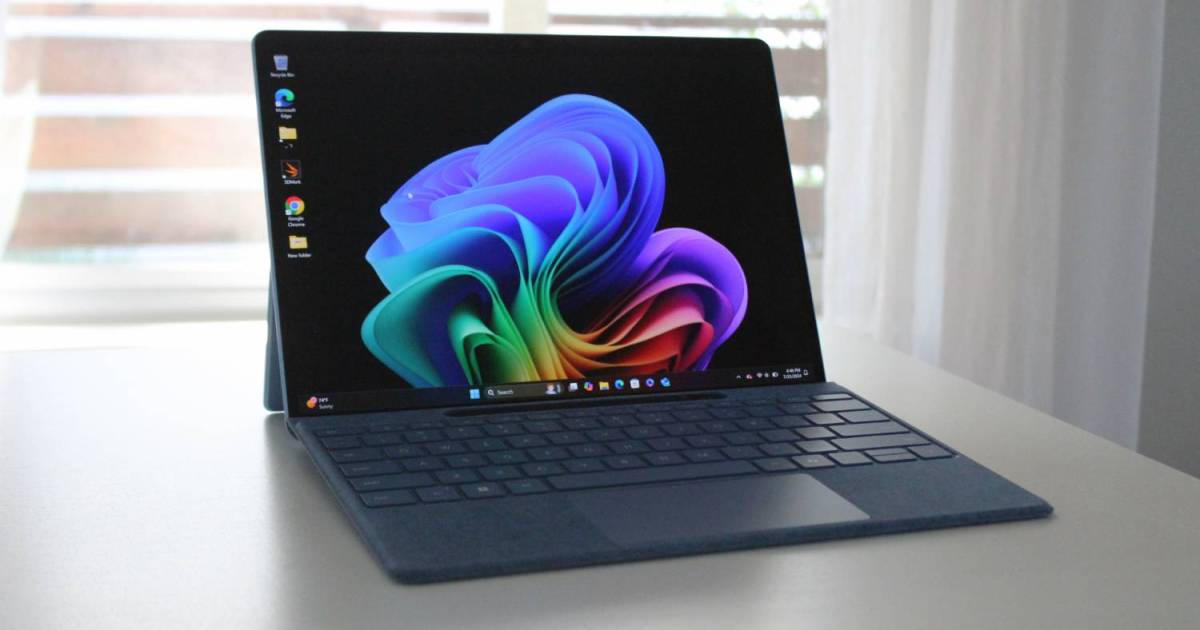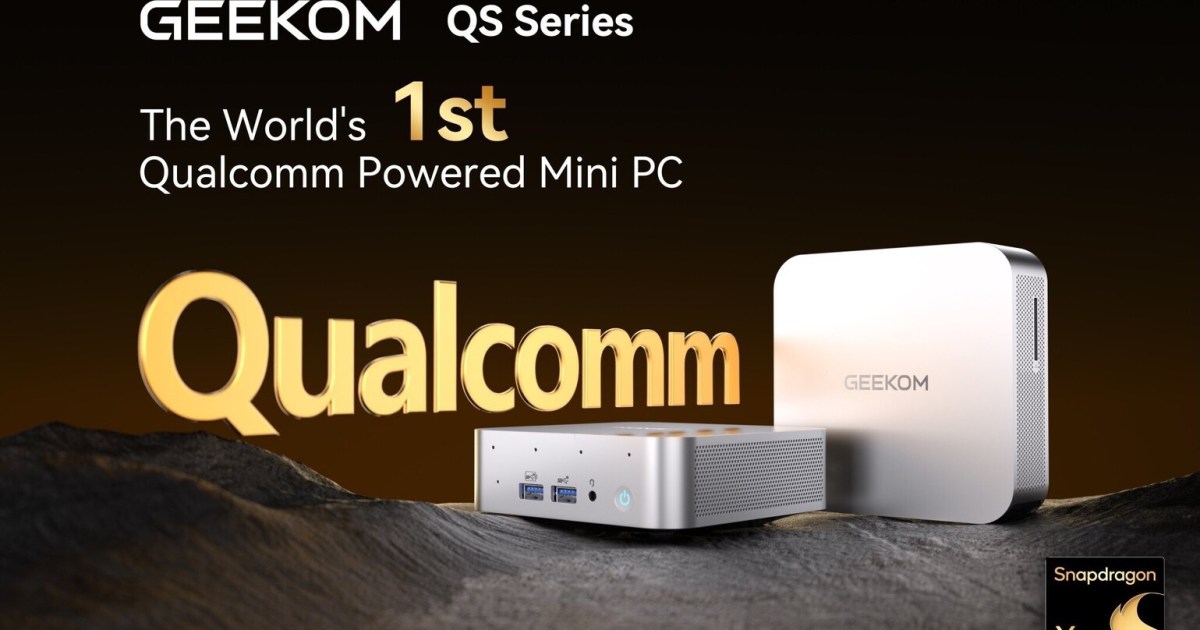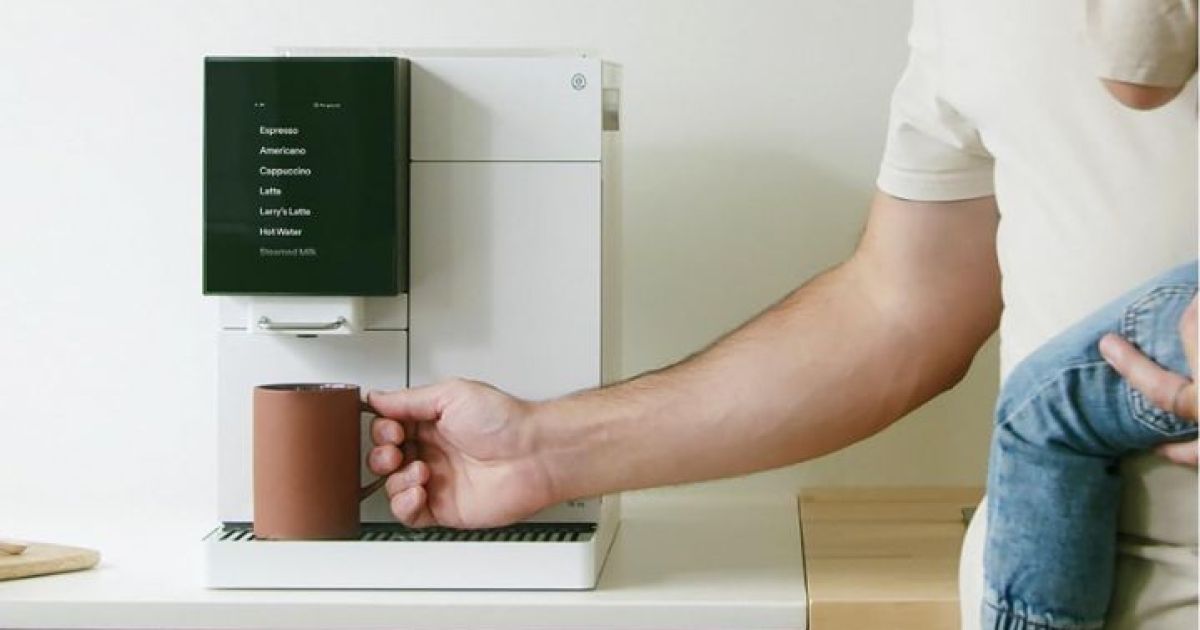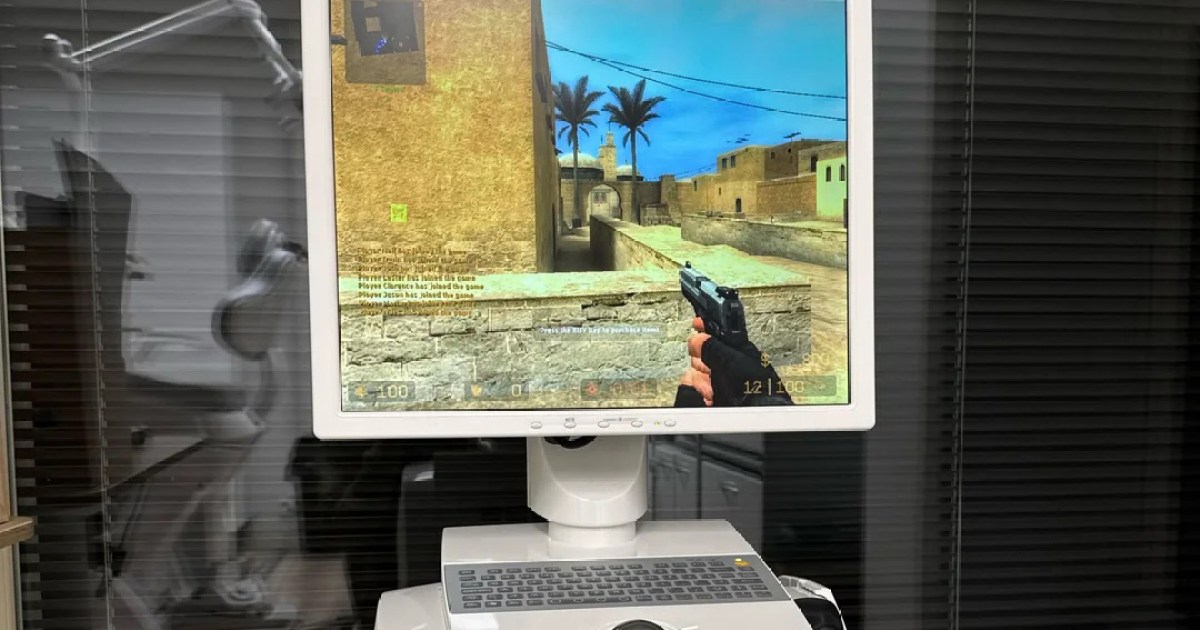Microsoft has confirmed its unwavering stance on Windows 11’s minimum hardware requirements, emphasizing the necessity of a Trusted Platform Module (TPM) 2.0 and a compatible CPU. This decision effectively excludes a substantial number of older PCs from upgrading to the latest operating system. Microsoft maintains that these requirements are crucial for bolstering security and enhancing overall performance.
TPM 2.0: A Cornerstone of Windows 11 Security
In a recent blog post titled “TPM 2.0 – a necessity for a secure and future-proof Windows 11,” Microsoft reiterated its commitment to the TPM 2.0 requirement. This hardware-based security feature safeguards sensitive data and ensures secure boot processes, acting as a vital defense against increasing cybersecurity threats. The minimum requirements also include a specific list of approved CPUs, starting from AMD Ryzen 2000 and Intel 8th Gen processors, chosen for their advanced security features and improved performance efficiency.
The Debate Continues: Functionality vs. Future-Proofing
Since Windows 11’s launch, its stringent hardware requirements have fueled ongoing debate. Many users argue that their existing hardware, while older, remains perfectly functional and capable of running the new OS. Microsoft counters this argument by stating that adhering to these standards allows them to focus development on features optimized for newer systems, minimizing vulnerabilities and ensuring a smoother, more reliable user experience. Some users with unsupported devices have resorted to unofficial methods to bypass the TPM 2.0 requirement and install Windows 11. However, Microsoft strongly discourages these workarounds, warning that such installations may not receive necessary updates, including critical security patches, potentially leading to an unstable and insecure system.
The Future of Windows: TPM 2.0 as the Standard
Looking forward, Microsoft has indicated that similar hardware prerequisites will likely apply to future Windows versions, establishing TPM 2.0 as the baseline for upcoming operating systems. This reinforces Microsoft’s vision for a more secure computing landscape but also raises concerns about the number of users who will be left behind. While extended support for Windows 10 is available until October 2025, users with older hardware face a limited timeframe to consider upgrading their systems or purchasing new ones. Despite the criticism, Microsoft’s firm stance underscores its dedication to modernizing Windows to meet evolving technological and security demands.
Enabling TPM on Your PC
While most modern desktops and laptops have TPM chips installed, they are often disabled by default on off-the-shelf motherboards. If you’ve built your own PC and have a CPU compatible with Windows 11, you might need to enable TPM in your BIOS settings.










